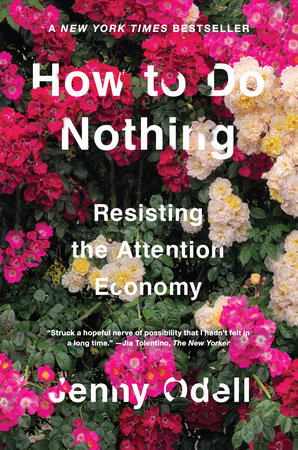Katherine Q. Seelye, “Barbara Testa Dies at 91: A Discovery in Her Attic Rocked the Literary World,” (Obituaries) New York Times, January 3, 2020, p. A21.
The story began in the 1880s with her grandfather, James Fraser Gluck, a lawyer who was also the curator of the library in Buffalo N.Y., now called the Buffalo and Erie County Public Library. He was a collector, and he aggressively solicited autographs and writings from contemporary authors, all of which he donated to the library. Over the years, he had collected manuscripts from some of the biggest names in 19th-century letters, among hem Walt Whitman, Henry James and Louisa May Alcott. He also had snippets from Hawthorne, Thoreau, Emerson, Poe, Keats, Shelley and Dickens.
Mr. Gluck established a pen-pal relationship with Samuel L. Clemens — better known as Mark Twain — and at one point asked him for the manuscript for “Adventures of Huckleberry Finn,” a novel that had shaken the rafters of the literary world when it was published in 1884.
COMMENT
Long story short, Clemens sent Gluck his handwritten manuscript, but half of it was lost until Testa found it in the Attic in 1990. She was in need of money and wanted to sell it, but the library filed suit, arguing that Clemens gave the manuscript to the library. Still, the library paid $1 million to settle.
This is another collection development story in which a librarian follows a personal obsession rather than following an arbitrary standard of popularity or high circulation. I believe that libraries should do more to deliberately support this kind of personal collecting which can produce extremely valuable and unusual collections. One possibility would be to assign each librarian a small personal collection development fund to be spent on whatever they think would be good to have in the collection.



